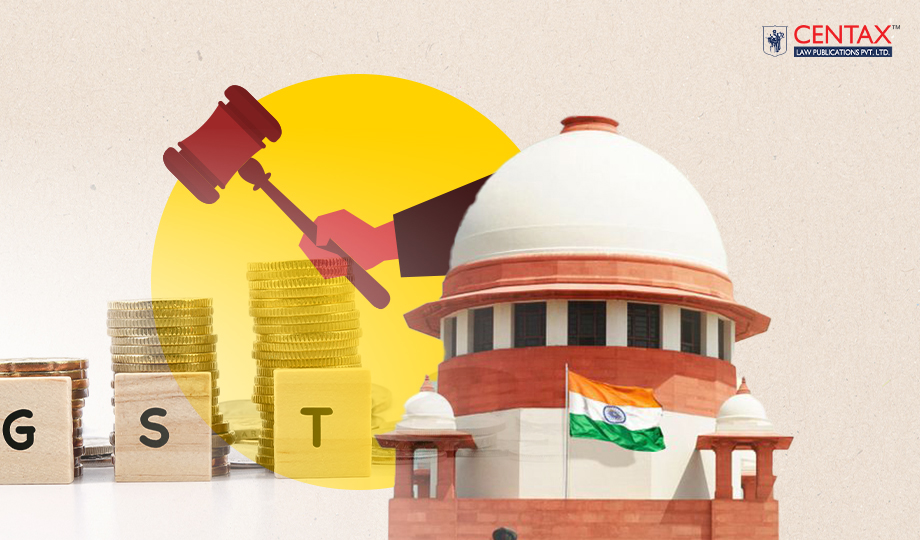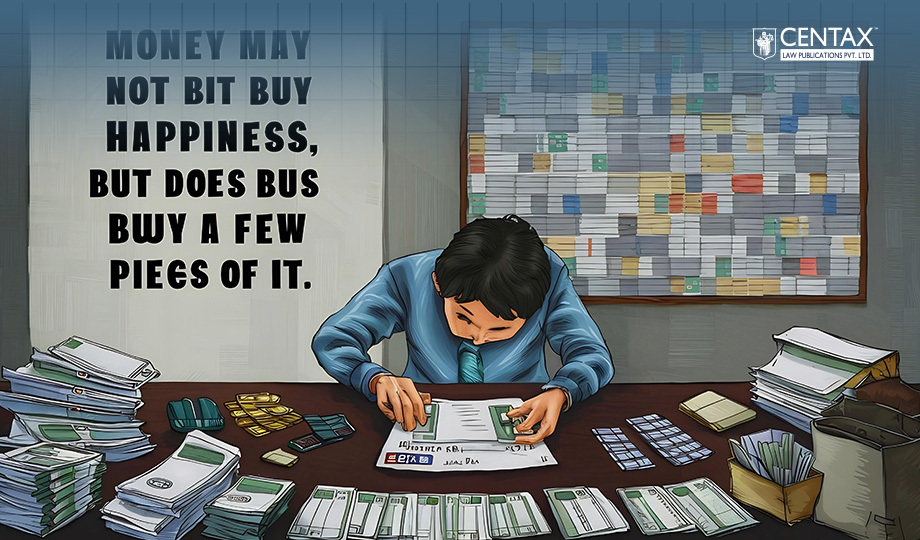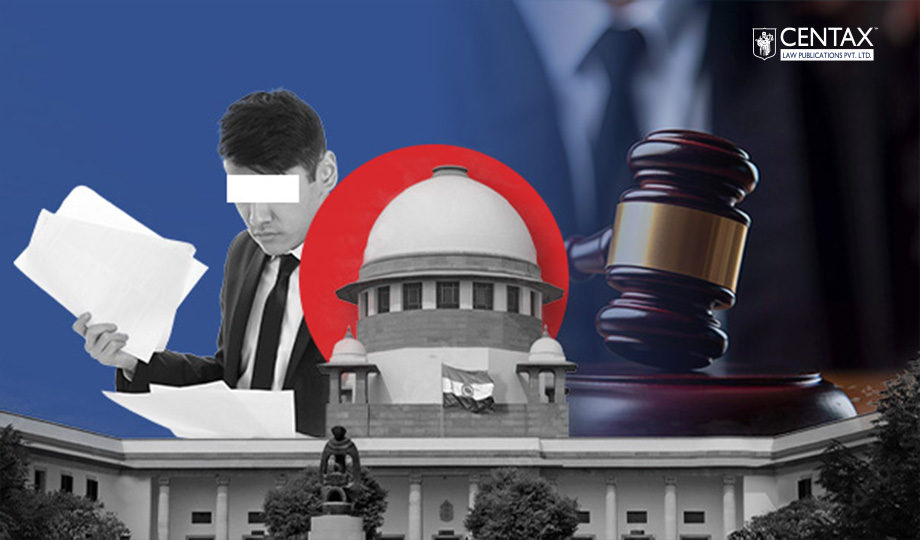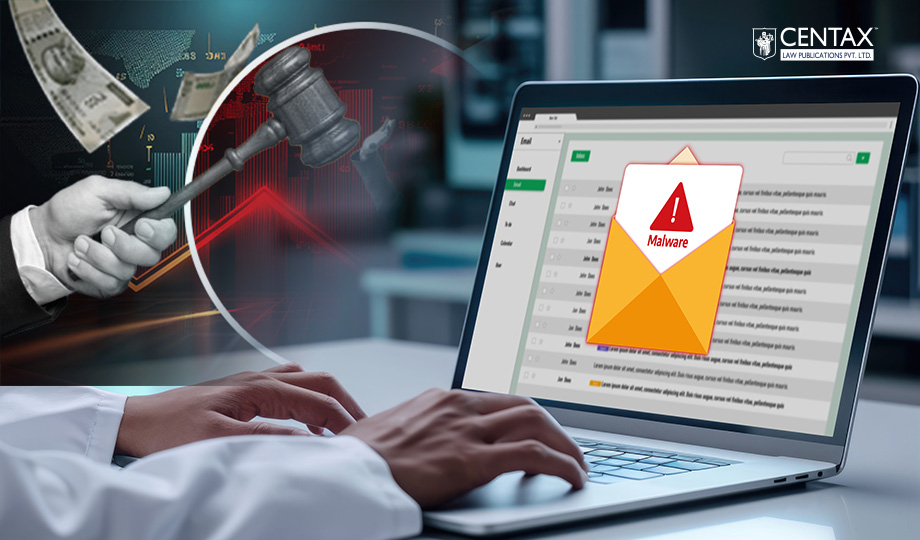
Case Details: Aaria Enterprises vs. State of Bihar (2025) 34 Centax 235 (Pat.)
Judiciary and Counsel Details
- P. B. Bajanthri & Shailendra Singh, JJ.
- S/Shri D.V. Pathy, Sr Adv., Sadashiv Tiwari, Hiresh Karan, Ms Shivani Dewalla, Roshan Jha & Riddhiman Mukherjee, Advs., for the Appellant
Facts of the Case
The petitioner challenged an order passed under section 129(3) of the CGST Act, which specified the penalty payable for release of detained goods and conveyances. The petitioner contended that the officer who invoked section 129(3) had no power to evaluate the value of goods and, therefore, could not specify the penalty payable. It was submitted that the penalty specification should not have been undertaken without an independent valuation of the goods. The petitioner further questioned the meaning of the phrase ‘specifying penalty payable’ under section 129(3) and argued that the authority lacked jurisdiction to determine the penalty without first assessing the goods. The matter was accordingly placed before the High Court of Patna.
High Court Held
The Patna High Court held that under sub-section 3 of section 129 of the CGST Act, the Proper Officer is entrusted with the power of specifying the penalty payable, which can be undertaken only after evaluation of goods read with corroborative material evidence such as invoice, E-way bill, and other relevant documents. The Court observed that the petitioner’s contention that the authority lacked jurisdiction to evaluate the goods and specify the penalty was not tenable. The Court further noted that the petitioner had not co-operated in the proceedings initiated under section 129. Consequently, the Court directed that the petitioner should invoke the remedy of appeal before the appellate authority.




















